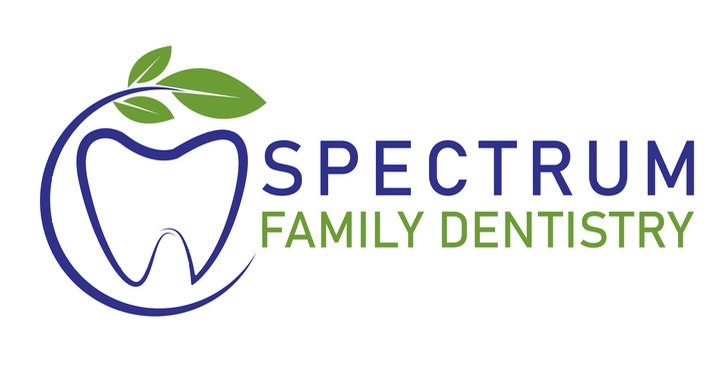Maintaining good oral health is an essential aspect of overall health and well-being. One crucial aspect of dental health is nutrition. The food and drinks we consume play a significant role in our oral health. Dental nutrition involves making healthy food choices to maintain healthy teeth and gums. In this article, we will discuss the impact of sugar, acidic foods, calcium, vitamin D, and water on oral health, and why it is crucial to seek the guidance of a dental professional.
Sugar is one of the leading causes of dental decay. Sugary foods and drinks, such as candy, soda, and sports drinks, promote the growth of bacteria that produce acid, leading to tooth decay. It is important to limit the intake of sugary foods and drinks, especially between meals. Instead, opt for healthy snacks such as fruits, vegetables, and nuts. Learn more
Acidic foods and drinks can also be harmful to dental health. Foods such as citrus fruits, vinegar, and wine can erode tooth enamel, leading to tooth sensitivity and decay. While it is essential to include these foods in a healthy diet, it is important to limit their intake and rinse the mouth with water after consuming them.
Calcium and vitamin D are essential nutrients for strong bones, including teeth. Calcium helps to build strong teeth and jawbones, while vitamin D aids in calcium absorption. Foods such as dairy products, leafy greens, and fortified cereals are excellent sources of calcium and vitamin D. If your diet is lacking in these nutrients, consider taking supplements after consulting with your dental professional.
Water is essential for overall health, and it is also beneficial for dental health. Drinking water helps to rinse away food particles and bacteria from the mouth, reducing the risk of tooth decay and gum disease. It is important to drink water after meals, especially if sugary or acidic foods and drinks are consumed.
While it is crucial to make healthy food choices for good oral health, it is equally important to seek the guidance of a dental professional. A dental professional can assess your oral health needs and recommend a personalized nutrition plan to address them. They can also provide advice on how to maintain good oral hygiene habits and preventive care practices to promote healthy teeth and gums.
In addition, a dental professional can detect early signs of dental problems such as tooth decay, gum disease, and oral cancer. Regular dental check-ups are essential for maintaining good oral health and preventing dental problems from worsening.
Attempting to manage dental nutrition without the guidance of a dental professional can be risky. Improper nutrition can lead to dental problems, and attempting to self-diagnose dental problems can lead to delayed treatment and potentially irreversible damage. Browse around this site
In conclusion, dental nutrition plays a significant role in maintaining good oral health. Sugar, acidic foods, calcium, vitamin D, and water are all essential components of a healthy diet for healthy teeth and gums. Seeking the guidance of a dental professional is crucial for maintaining good oral health and preventing dental problems. With the help of a dental professional, you can develop a personalized nutrition plan to promote healthy teeth and gums, and detect early signs of dental problems for timely treatment.
